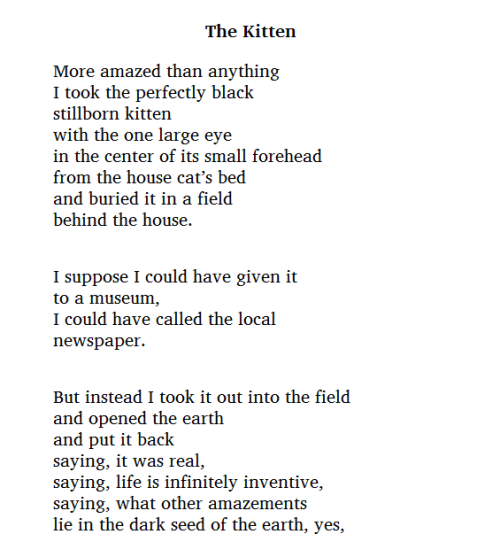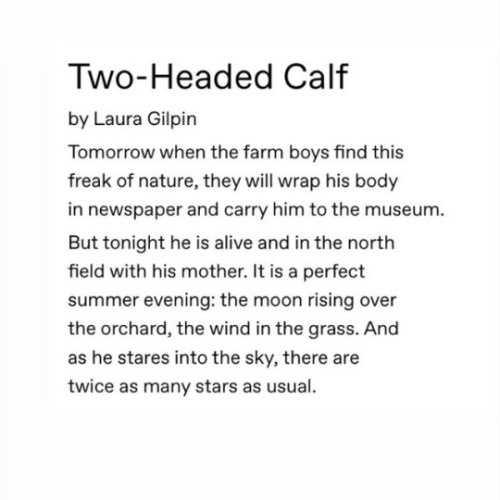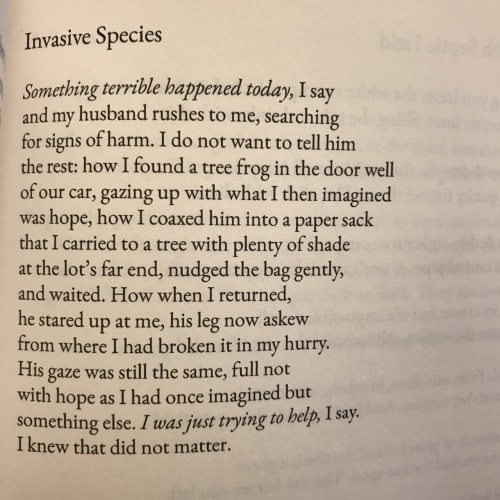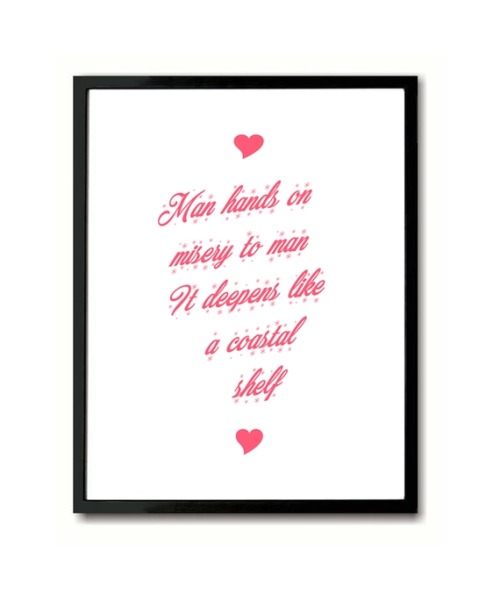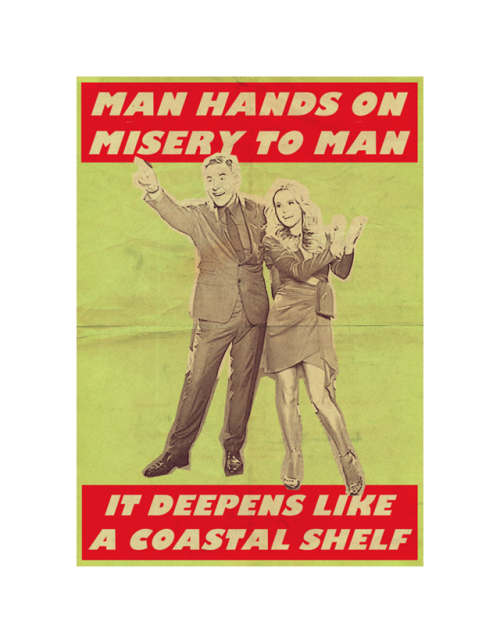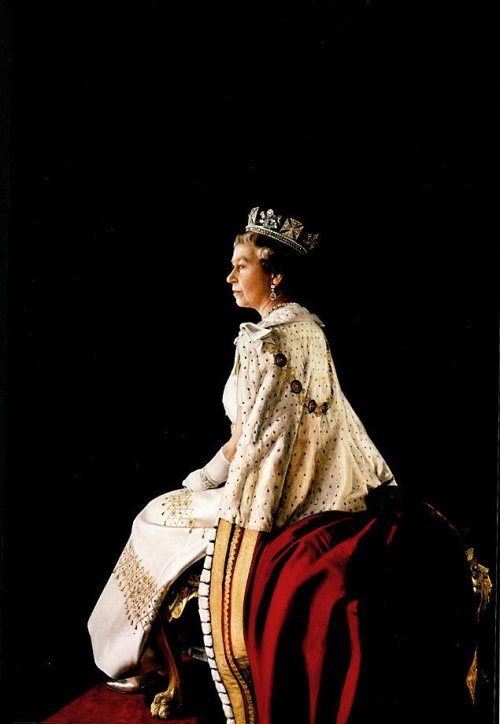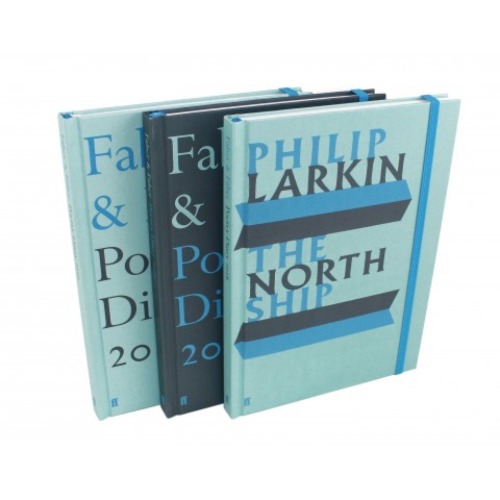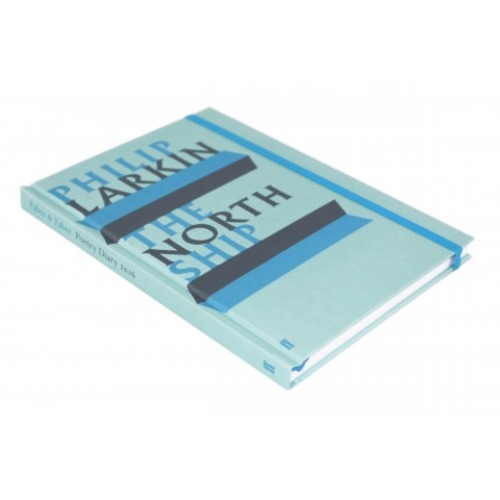#philip larkin
The Mower
Philip Larkin
The mower stalled, twice; kneeling, I found
A hedgehog jammed up against the blades,
Killed. It had been in the long grass.
I had seen it before, and even fed it, once.
Now I had mauled its unobtrusive world
Unmendably. Burial was no help:
Next morning I got up and it did not.
The first day after a death, the new absence
Is always the same; we should be careful
Of each other, we should be kind
While there is still time.
==
Today in:
2021: When people say, “we have made it through worse before”, Clint Smith
2020:Untitled, James Baldwin
2019:To Yahweh, Tina Kelley
2018:from how many of us have them?, Danez Smith
2017:Sad Dictionary, Richard Siken
2016:Lucia, Ravi Shankar
2015:Overjoyed, Ada Limón
2014:Helen of Troy Does Countertop Dancing, Margaret Atwood
2013:Anniversary, Cecilia Woloch
2012:Poem for Jack Spicer, Matthew Zapruder
2011:Now comes the long blue cold, Mary Oliver
2010:Jackie Robinson, Lucille Clifton
2009:In the Nursing Home, Jane Kenyon
2008:To the Couple Lingering on the Doorstep, Deborah Landau
2007:White Apples, Donald Hall
2006:Late Confession, Gary Soto
2005:Steps, Frank O’Hara
I’ve always loved the poem that Count Olaf recites to Kit just before he dies in The End, and by love of course, I mean I bawl my eyes out every single time I read it. He only reads the last stanza aloud, but here is the poem in its entirety:
They fuck you up, your mum and dad.
They may not mean to, but they do.
They fill you with the faults they had
And add some extra, just for you.
But they were fucked up in their turn
By fools in old-style hats and coats,
Who half the time were soppy-stern
And half at one another’s throats.
Man hands on misery to man.
It deepens like a coastal shelf.
Get out as early as you can,
And don’t have any kids yourself.
- Philip Larkin
Obviously, we can understand why Handler didn’t want to include explicit profanity in a book written for middle grade children, but I really do love the fact that the first two stanzas are left unsaid and the reader, if interested actually has to go and research them and find them out for themself, because that is one of the points of the poem and one of the points of the series - that people don’t tell you the whole story and that things are always much more complicated than they seem - even things that seem like black and white morality are always so much more complicated.
Yes, your parents mess you up and ruin you, just like the Baudelaires find out in The Penultimate Peril and The End that their parents were not perfect and possibly even are the reason why all this horror has been happening to them, but the story is more complicated than that and the Baudelaires (and the readers) are left for themselves whether or not they want to leave it be - just read the last verse - or they want to explore for themselves and maybe not like what they find.
Ever since The Austere Academy, the Baudelaires have been told that the VFD was a noble organization and filled with volunteers that will help them, but the noble side of the VFD also produced lots of people who did horrible things: the Baudelaire parents, Jerome Squalor, Lemony and Kit Snicket. The VFD taught them to follow blindly and so they blindly followed and they accepted authority at its face value and as a result they became corrupted by those in power.
Ultimately, this poem is about the cycle of abuse and misery in this world. “Man hands misery onto man”, we inherit our trauma from each other and we create our own demons out of the demons that have been fed to us, and we tell ourselves that we won’t do the same, but we indubitably will. To be human is to be messed up, and the kindest thing you can do in life is to not bring any more people into the world.
But particularly interesting to me is Count Olaf’s recitation of the poem. Because in the passage, he’s not reciting it to to the Baudelaires, he’s reciting it to Kit, as she gives birth on a coastal shelf. On a personal, theoretical level, I have always used this as evidence that Beatrice II was Count Olaf’s biological daughter, but also it acts as a symbol of Count Olaf’s journey - he is an awful, awful man who has hurt the children put into his care time and time again and probably messed them up on some psychological level for the rest of their lives, but he too was messed up and turned out by the world by the people who raised and shaped him, and ultimately the root of evil goes back much further than we’d like to think. We’d like to think that Count Olaf is just a cruel, uncaring man who acts the way he does out of cold-blood, but the world doesn’t work that way and he’s trying to tell Kit that he is the way he is because of his history, that he was jaded by the world young and he never managed to escape, and that he’s not actually a bad man. But even as he recites the poem, he laughs, because he recognizes his complicity in everything - he has handed down his misery as well and he has brought a child into the world against all warning. It is him recognizing his crimes and his irony, something the Baudelaires and Kit never thought he would do.
It also serves a larger purpose in that Count Olaf has always been described as unintelligent and dismissive of intellect and reading and the orphans have always maintained that if a person is well-read they must be a good person and that reading is what makes people good. Because Count Olaf is not good, and yet he is able to recite an obscure poem - written by a librarian, no less - in the blink of an eye. Throughout the entirety of The End, Count Olaf has defied his stereotype by proving to be intelligent and capable of empathy and eschewing everything we thought we knew about him. Things are always more complicated than they seem and go back further than you’d like to think, and the world itself is a messed up place - a conundrum of esoterica, if you will - and defies any pithy explanation you might try and force upon it.
by Philip Larkin
The mower stalled, twice; kneeling, I found
A hedgehog jammed up against the blades,
Killed. It had been in the long grass.I had seen it before, and even fed it, once.
Now I had mauled its unobtrusive world
Unmendably. Burial was no help:Next morning I got up and it did not.
The first day after a death, the new absence
Is always the same; we should be carefulOf each other, we should be kind
While there is still time.
High Windows
When I see a couple of kids
And guess he’s **** her and she’s
Taking pills or wearing a diaphragm,
I know this is paradise
Everyone old has dreamed of all their lives—
Bonds and gestures pushed to one side
Like an outdated combine harvester,
And everyone young going down the long slide
To happiness, endlessly. I wonder if
Anyone looked at me, forty years back,
And thought, That’ll be the life;
No God any more, or sweating in the dark
About hell and that, or having to hide
What you think of the priest. He
And his lot will all go down the long slide
Like free bloody birds. And immediately
Rather than words comes the thought of high windows:
The sun-comprehending glass,
And beyond it, the deep blue air, that shows
Nothing, and is nowhere, and is endless.
• Jeanloup Sieff • Philip Larkin
Post link
In times when nothing stood
But worsened or grew strange
There was one constant good
She did not change.Philip Larkin
Post link
Alright tell me in the tags, what’s Your Poem? That poem you heard once and it has dwelt within you ever since?
DJL loves her some vintage Larkin. She would definitely use this diary religiously for oh maybe a month before letting it moulder on a drawer for the rest of the year as is the fate of all DJL’s planners.
Post link

